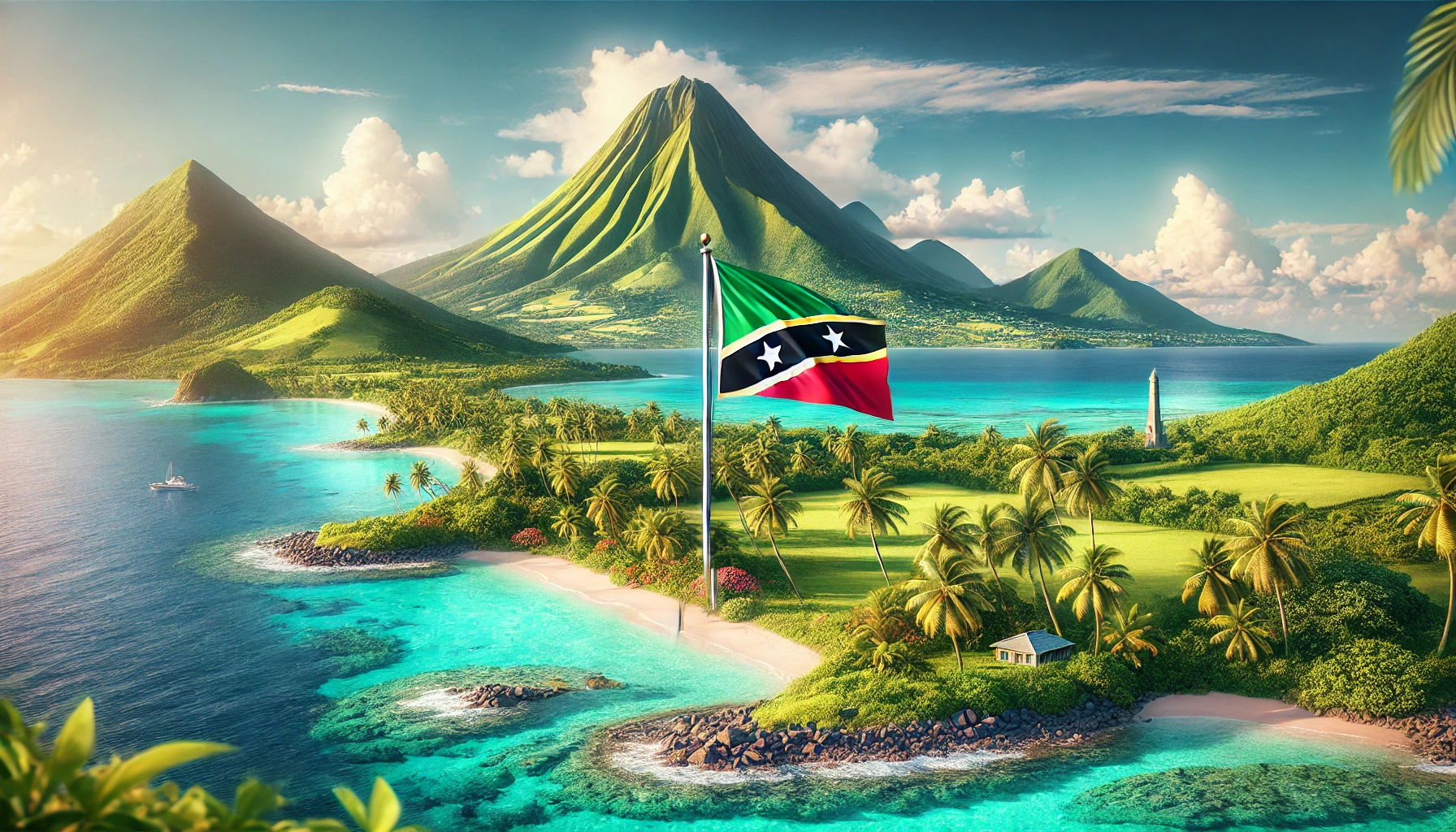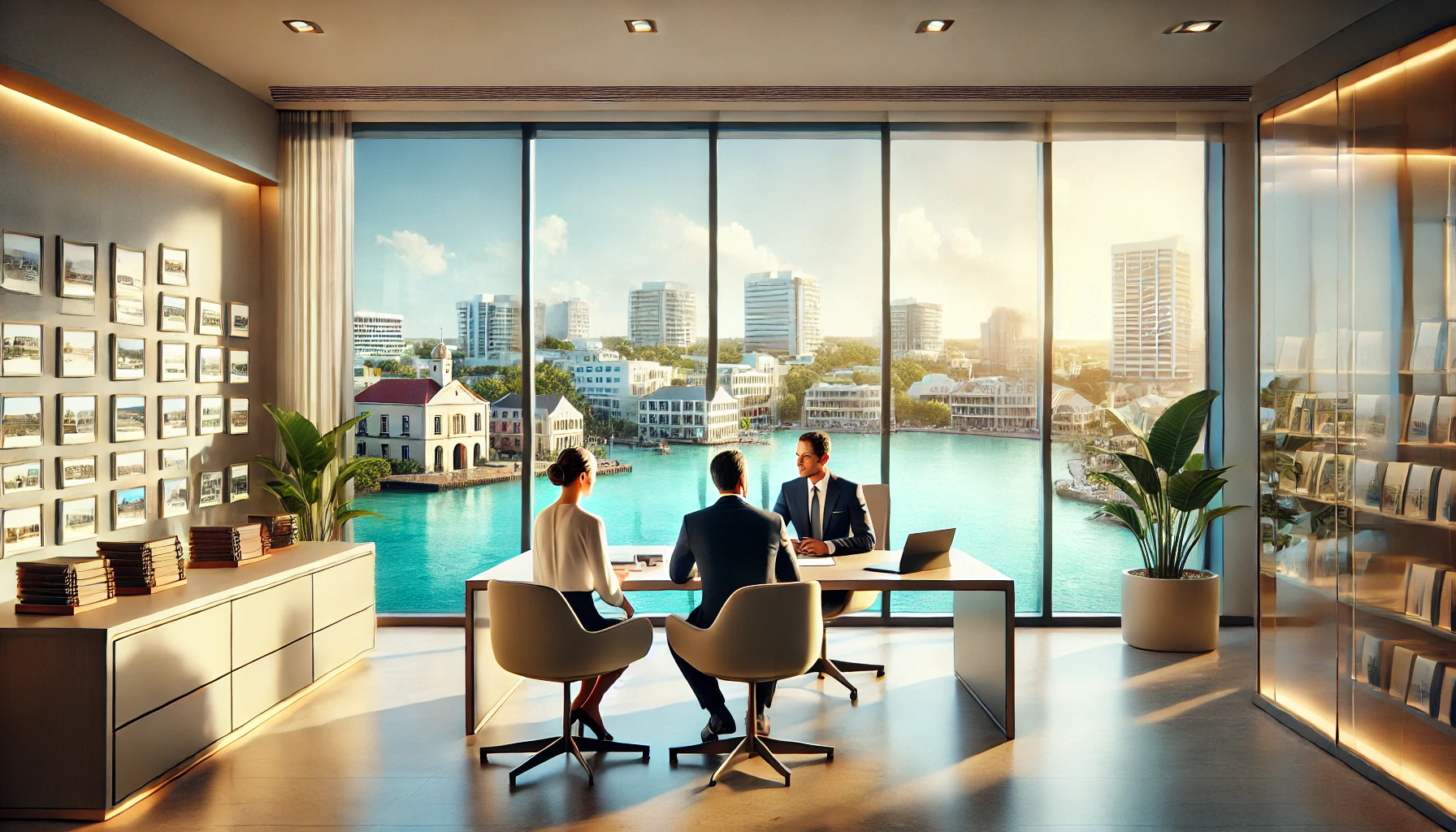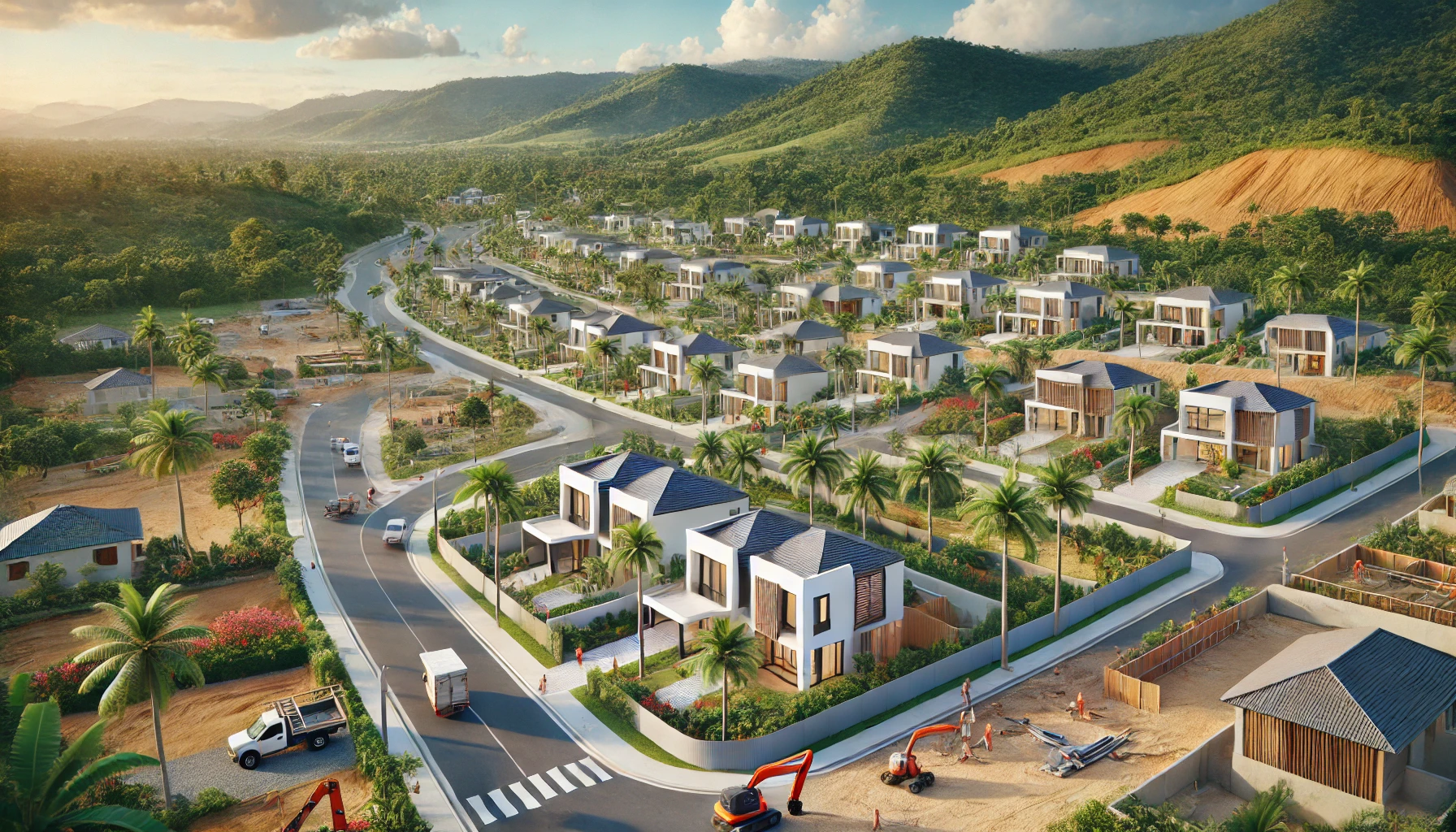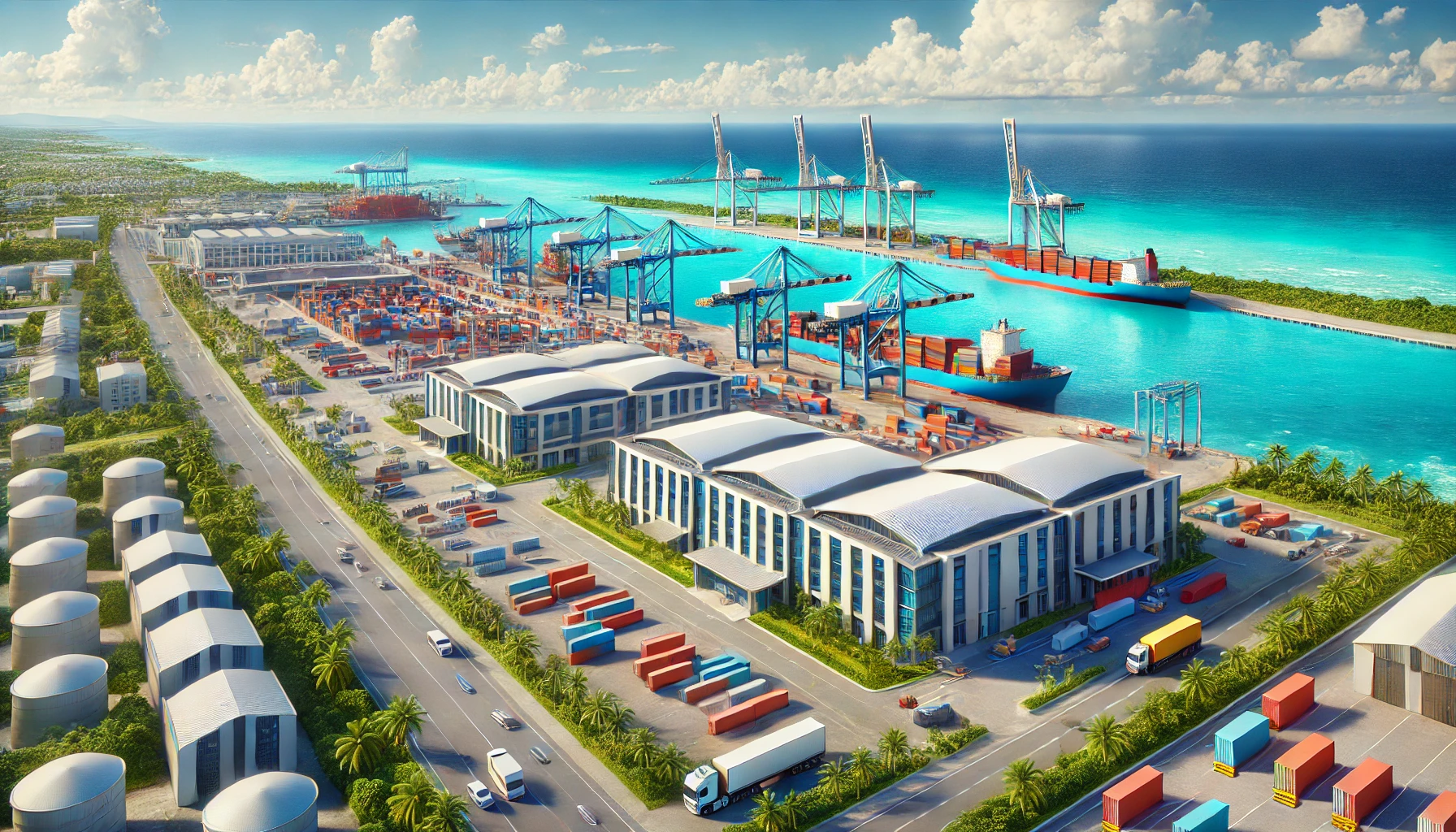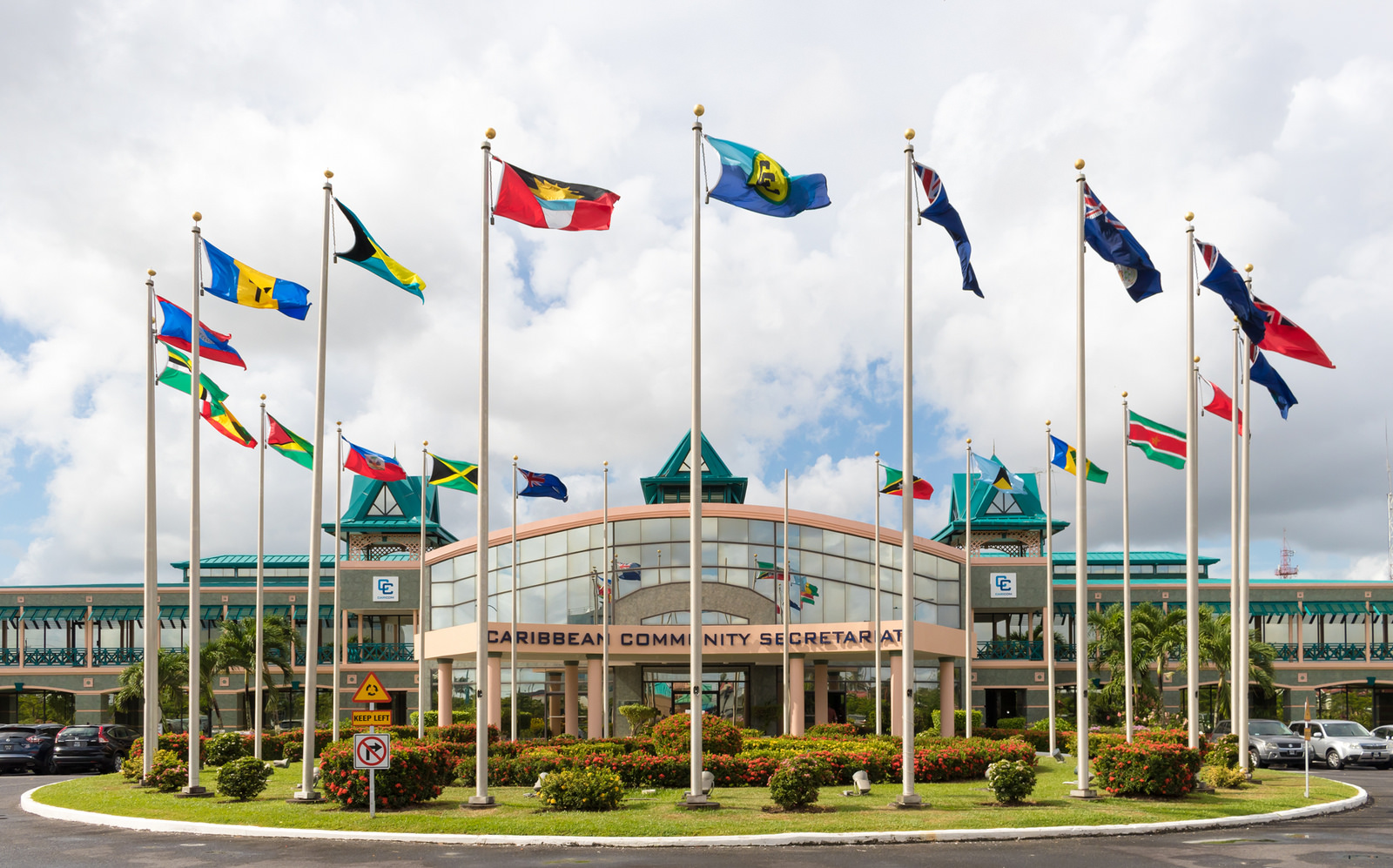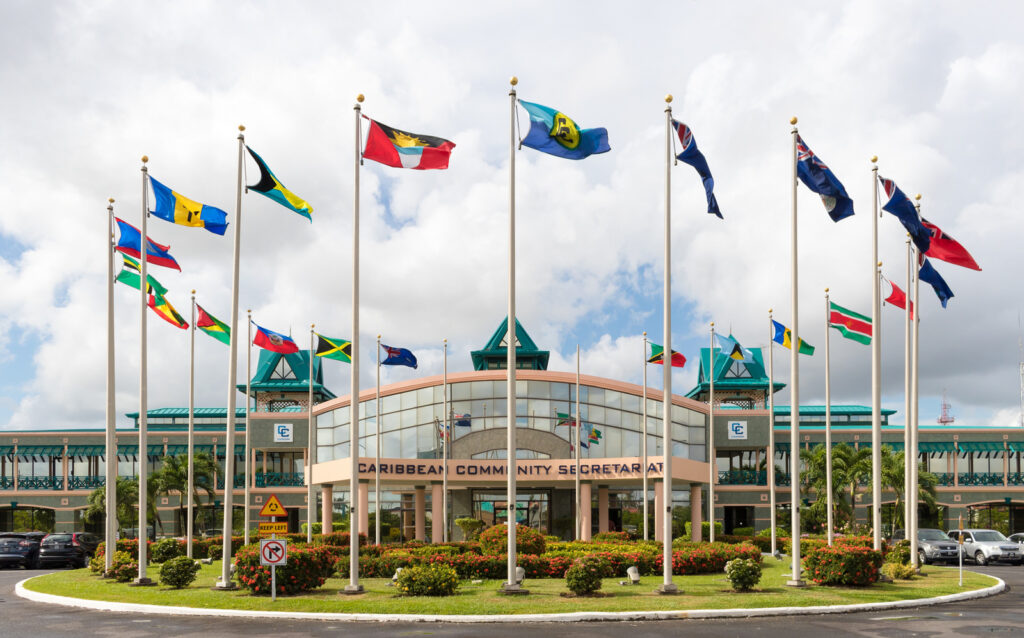Overview
With increasing urbanization and a focus on sustainable development, Suriname’s economy is evolving to support long-term growth. The capital city of Paramaribo is a hub for commercial and mixed-use projects, while eco-tourism hotspots in the interior cater to the demand for sustainable tourism. By leveraging its natural beauty, cultural diversity, and favorable investment environment, Suriname is positioned as a rising star in the Caribbean and South American real estate markets.
Economic Overview
Suriname’s economy is driven by a mix of natural resources, agriculture, and emerging industries. With abundant reserves of gold, bauxite, and oil, the country has attracted increasing interest from international investors. In recent years, Suriname has experienced steady GDP growth, reaching approximately US$6.5 billion in 2024, fueled by investments in infrastructure and resource development.
Tourism and Lifestyle
Suriname’s natural beauty and cultural diversity make it a unique destination for eco-tourism and adventure travel. From exploring the vast rainforests of the Amazon Basin to experiencing the vibrant culture of Paramaribo, visitors can immerse themselves in a wealth of experiences. Tourism plays a growing role in Suriname’s economy, contributing to job creation and community development.
Real Estate Opportunities
Suriname’s real estate market offers opportunities for residential, commercial, and hospitality development, driven by urbanization and economic growth. The capital city of Paramaribo, with its colonial architecture and bustling streets, presents opportunities for commercial and mixed-use projects. Additionally, eco-resorts and lodges in the interior cater to the growing demand for sustainable tourism experiences, leveraging Suriname’s natural assets.
- Residential Properties: Demand is growing for modern housing developments and gated communities, particularly in urban centers like Paramaribo and Commewijne. Affordable housing initiatives and government incentives aim to address housing needs and promote homeownership.
- Commercial Real Estate: Paramaribo’s commercial sector offers opportunities for office spaces, retail outlets, and mixed-use developments. The city’s expanding economy and growing middle class drive demand for commercial properties.
- Hospitality Sector: Suriname’s eco-tourism potential presents opportunities for developing eco-friendly resorts, lodges, and adventure tourism facilities in the interior. Sustainable tourism practices and nature-based experiences attract eco-conscious travelers seeking authentic cultural and wilderness encounters.
- Land Development: Suriname’s vast land area provides opportunities for land development projects, including agricultural, industrial, and residential developments. Strategic land use planning and environmental considerations are integral to sustainable development initiatives.
Industry in Suriname
Suriname’s economy is diversified, with key industries including mining, agriculture, energy, and manufacturing.
- Mining: Suriname is rich in mineral resources, including gold, bauxite, and oil. The mining sector contributes significantly to government revenue and exports, attracting investment from multinational mining companies.
- Agriculture: Agriculture is a vital sector of Suriname’s economy, employing a significant portion of the population and contributing to food security and rural development. Key agricultural products include rice, bananas, and vegetables.
- Energy: Suriname is exploring its potential for renewable energy development, including hydropower and solar energy projects, to reduce reliance on fossil fuels and promote sustainability.
- Manufacturing: The manufacturing sector encompasses food processing, textiles, and construction materials, serving domestic and regional markets. Value-added manufacturing activities contribute to economic diversification and export growth.
Tax Advantages in Suriname
Suriname offers tax incentives and concessions to promote investment, economic growth, and job creation.
Key Tax Benefits:
- Corporate Tax Incentives: Special tax rates, tax holidays, and investment allowances are available for businesses operating in priority sectors, such as manufacturing, agriculture, and tourism.
- Double Taxation Treaties: Suriname has double taxation treaties with several countries to prevent double taxation of income and promote international trade and investment.
Tax Summary:
| Tax System | Territorial Tax |
|---|---|
| Corporate Income Tax Rate | 36% |
| Personal Income Tax Rate | Progressive rates up to 38% |
| Capital Gain Taxes | 20% |
| Withholding Taxes | Varies by income type |
| Value Added Tax (VAT) | 10% |
| Property Taxes | Progressive rates up to 1% |
| Customs Duties | Varies by imported goods |
Suriname International Business and Offshore Opportunities
Suriname is developing its regulatory framework to attract international business and offshore investment. Although the country is not yet a major offshore jurisdiction, its strategic location, natural resources, and potential tax incentives are drawing interest from investors seeking to diversify or establish new operations in South America.
- International Business Opportunities: Suriname’s natural resource sectors—particularly mining, energy, and agriculture—offer avenues for international investment and partnership. The government’s focus on sustainable development and economic diversification aligns well with environmentally-conscious investment in industries like eco-tourism and renewable energy.
- Asset Protection and Confidentiality: As Suriname’s financial sector matures, legal protections and confidentiality measures may improve, making it a potential destination for private investment in the region. Investors should monitor developments in Suriname’s regulatory landscape as the country modernizes its approach to offshore business and financial services.
Suriname’s Citizenship and Residency Options
While Suriname does not currently offer a formal Citizenship by Investment Program, residency and citizenship options are available through naturalization and investment in specific sectors.
- Residency by Investment: Investors contributing to priority industries, such as mining, agriculture, or eco-tourism, may be eligible for long-term residency, with pathways to citizenship over time.
- Naturalization Process: Suriname offers a structured naturalization process for foreign nationals, which includes a residency requirement and potential investments in the country’s economic or social development. Residency permits are accessible to those establishing businesses, acquiring property, or investing in sectors that support Suriname’s economic growth.
Buying Real Estate in Suriname
Real estate investment in Suriname involves understanding the legal framework for property acquisition, which includes provisions for both domestic and foreign buyers. Suriname is seeing growth in residential and commercial real estate as urban areas expand and tourism develops.
- Legal Considerations for Foreign Buyers: Foreigners can purchase property in Suriname, although specific regulations apply. Buyers are advised to conduct thorough due diligence, as certain areas have restrictions on foreign ownership or require government approval.
- Property Valuation and Trends: Property prices in Suriname vary by location and property type, with urban properties in Paramaribo and resort areas experiencing steady demand. Investors can find opportunities in both established urban areas and developing eco-tourism regions, especially in projects that align with sustainable development goals.
Should You Invest in Suriname?
Suriname presents a compelling investment case for those seeking opportunities in a diverse and emerging economy. The country’s natural resources, strategic location, and commitment to sustainable growth make it attractive for investors in eco-tourism, mining, agriculture, and real estate.
- Growth Potential: Suriname’s economy is positioned for expansion, driven by ongoing infrastructure projects, new resource discoveries, and a commitment to sustainable development.
- Pro-Investment Policies: The government’s initiatives to attract foreign investment, through incentives and tax benefits, underscore Suriname’s openness to international partnerships.
- Challenges and Considerations: Investors should remain aware of regulatory changes, infrastructure challenges, and environmental factors, as Suriname continues its economic development.
